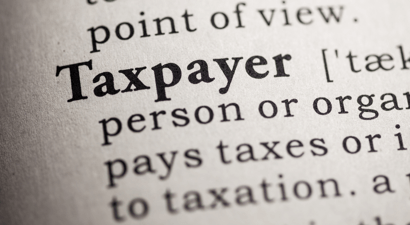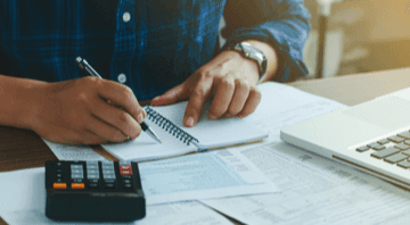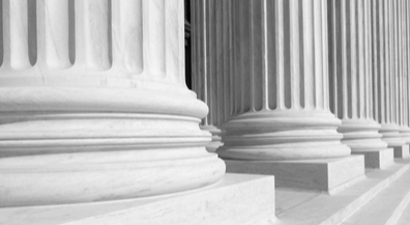Tax on Sugar-Sweetened Beverages in South Africa: #Sweet or #Notsosweet?
Obesity has become a major concern in South Africa. Researchers have found that RSA has the highest number of obese individuals in sub-Saharan Africa. In order to tackle this problem, the government has proposed a tax on sugar-sweetened beverages (SSBs), with effect from 1 April 2017.
SSB’s include:
- Beverages that contain added caloric sweeteners such as sucrose
- High-fructose corn syrup
- Fruit juice concentrates, including inter alia
- Soft drinks;
- Fruit drinks;
- Sports and energy drinks;
- Sweetened ice tea; and
- Lemonade.
How will the tax be levied in SA?
According to the Policy Paper published by the National Treasury on 8 July 2016, there are three different tax rate options:
1. A flat levy on all SSB’s on a per litre basis, regardless of the sugar content;
2. Tax on every gram of sugar; and
3. A threshold approach, which provides for an allowance for a minimum sugar content to be tax free.
Interestingly, tax on SSB’s has already been used as a strategy to decrease obesity in countries such as Finland, France, Hungary, Ireland, Mexico, Mauritius and Norway. The purchases of SSB’s in these countries have decreased considerably. However, it has also resulted in unemployment, product substitution and tax evasion. The introduction of SSB’s could have a similar effect in South Africa, which goes against the grain of economic growth. The impact and exact nature of the proposed tax should ideally be examined a little closer before implementation.
The reality is that lower income earners and the sugar industry will bear the highest burden of tax on SSB’s. It is our view, therefore, that tax on SSB's in RSA will result in a #notsosweet effect for the country.
Comments on the SSB proposals may be emailed to Mpho.Legote@treasury.gov.za by Monday, 22 August 2016.





